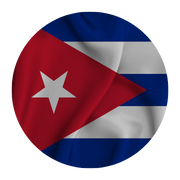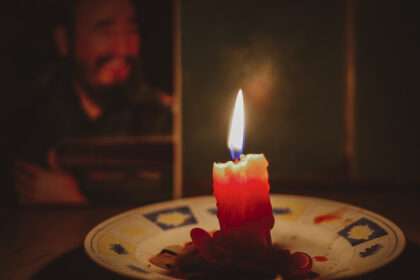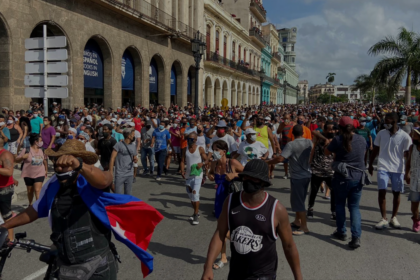Human Rights in Cuba
In recent years there has been an undeniable breakdown of the constitutional order and a continued deterioration of the human rights situation in Cuba.
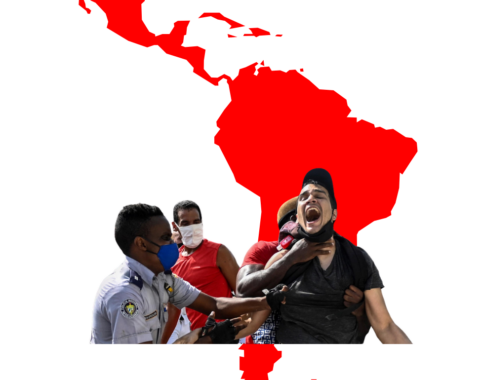
Repression of dissent.
Surveillance and harassment of activists, dissidents, journalists, and artists remained widespread. Arbitrary detention and unfair criminal proceedings remained common, and those deprived of liberty endured harsh prison conditions.
According to the organization Justicia 11J, at least 793 people remained detained in connection with their participation in the island-wide protests that took place on July 11, 2021.
On May 6, the government reacted with excessive force to the protest over poor living conditions and lack of human rights that took place in the municipality of Caimanera, in Guantánamo province. Law enforcement officers used physical violence against those participating in the event, and the Inter-American Commission on Human Rights reported the arbitrary detention of at least five protesters and condemned the ongoing repression.
On May 26, Cuba’s legislature passed a law on social communications that maintained a ban on privately owned media and placed excessive restrictions on public information and Internet use. The law gave the government the power to order telecommunications operators to stop providing services to anyone who published information deemed harmful to public order or morality.
José Daniel Ferrer García, a political activist and opposition leader who had been detained since July 2021 — when he had also been subjected to enforced disappearance — was held incommunicado while his health deteriorated. At the end of the year, he remained deprived of his liberty.
It was common for police to summon journalists and activists for questioning in connection with their lawful activities. In May, journalist Yeris Curbelo Aguilera was questioned by state security agents after he reported on protests in the municipality of Caimarena.
Human rights defenders
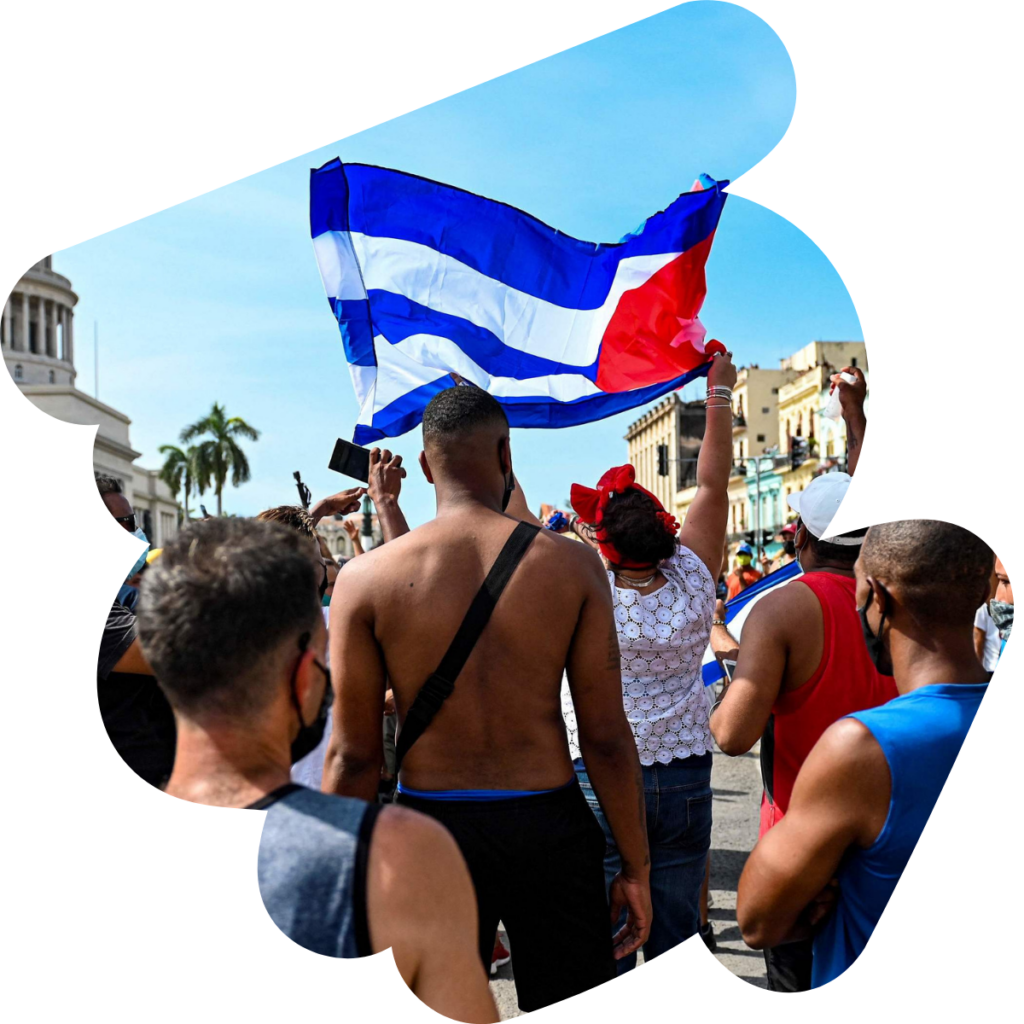
Human rights defenders and activists continued to be harassed, attacked and criminalised. On 14 February, state security agents arrested Josiel Guía Piloto at his home in Havana. He had already been arbitrarily detained in 2011 for exercising political dissidence. At the time of his arrest, he was on a hunger strike in protest of the constant harassment and surveillance he was subjected to.
The government kept artists and prisoners of conscience Luis Manuel Otero Alcántara and Maykel “Osorbo” Castillo Pérez in prison. They had been sentenced in 2022 to five and nine years in prison, respectively, in a judicial process without due guarantees. Their physical and mental integrity was at risk due to the harsh conditions of detention, violence by other inmates and poor medical care.
The authorities rejected the recommendation of government medical staff to release Loreto Hernández García for health reasons. He and his wife, Donaida Pérez Paseiro — both black activists, priests and leaders of the Yorubas Libres de Cuba association — were prisoners of conscience and had been detained since 2021 for their peaceful participation in protests that had taken place throughout the island. During the year, Loreto Hernández García’s health deteriorated and the two prisoners found it difficult to communicate with their families.
Migration and restrictions on the possibility of traveling
The number of Cubans leaving the country rose sharply in 2022, surpassing historic highs from the 1980s and 1990s.
The U.S. Border Patrol apprehended more than 203,000 Cuban nationals between January and September 2022. This represents a dramatic increase compared to the 33,000 Cubans apprehended in the same period in 2021. The U.S. Coast Guard intercepted more than 6,182 Cubans at sea between October 2021 and September 2022, by far the highest number in five years.
Cubans heading to the United States faced abuses from criminal groups and security forces along the way, particularly in the Darien Gap — on the border between Colombia and Panama — and on Mexico’s southern border.
Many Cubans travel through Nicaragua, which in late 2021 waived visa requirements for Cuban nationals.
Since reforms were implemented in 2013, many people who had previously been denied permission to travel to or from Cuba have been able to do so, including human rights defenders and bloggers. However, the reforms gave the government broad discretion to restrict travel on grounds of “national defense and security” or “other reasons of public interest.” Authorities selectively deny dissidents entry or exit into the country.
On February 16, 2022, Cuban authorities denied entry to Anamely Ramos, a Cuban art curator and activist. Ramos was in the United States for personal reasons when she decided to return to Cuba. Airline personnel informed her in Miami that the Cuban government was denying her entry. She remains in the United States.


